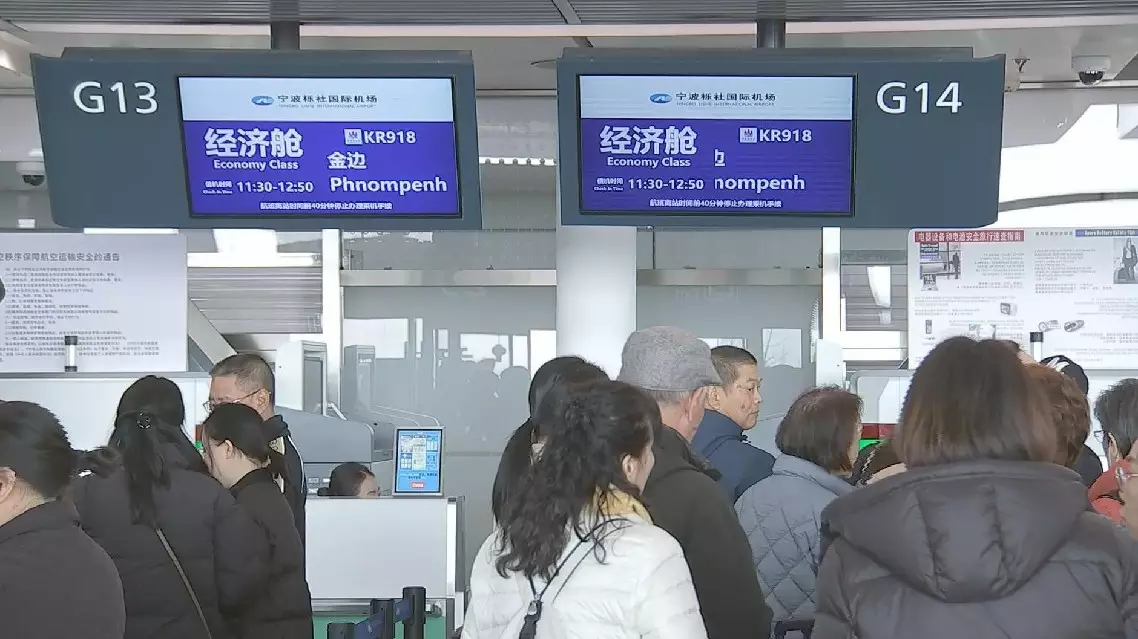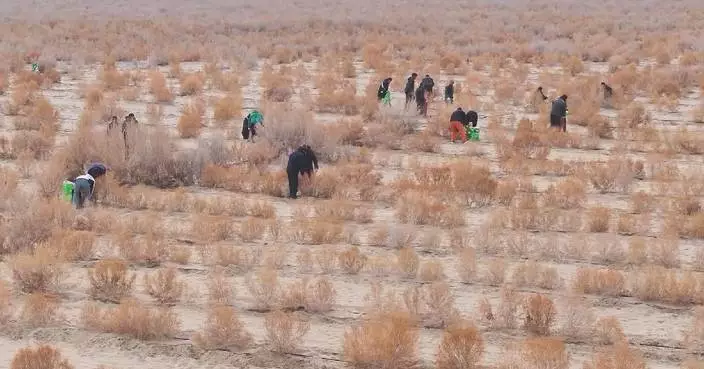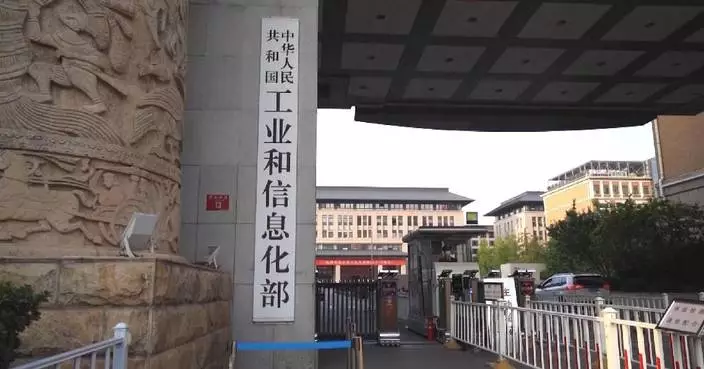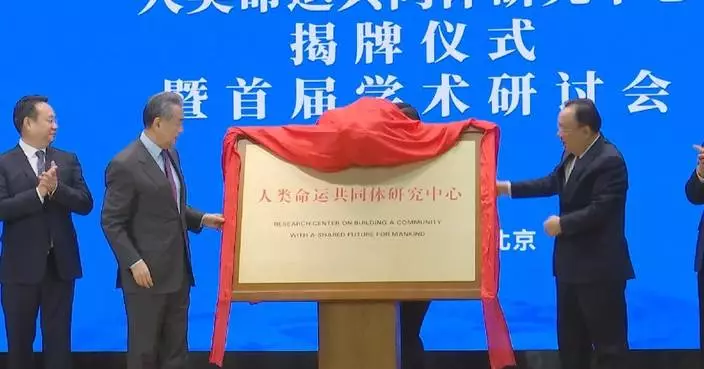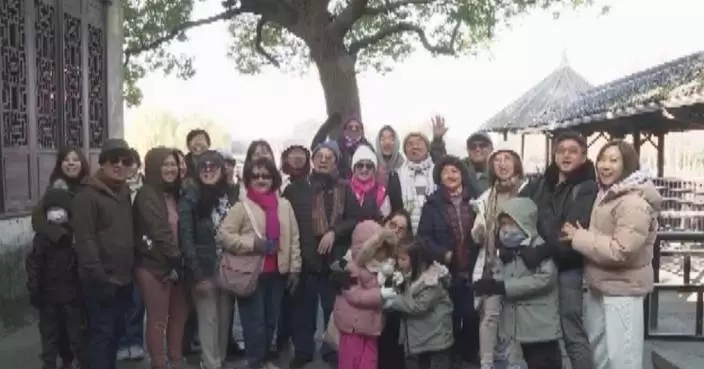Located on the China-Kazakhstan border, the Horgos International Border Cooperation Center has witnessed booming business as it continues to attract buyers, live-streamers and tourists from both sides since it was launched in 2012.
It is also the first cross-border economic cooperation zone that China has established with other countries.
Customers can buy duty-free products at a wholesale market in the center, but they cannot splurge, as the discounts depend on the weight of the goods. For each person, the duty-free allowance is 25 kilograms per month.
Many shops, therefore, have prepared vacuum-packing machines to help customers weigh the goods they plan to buy.
Shuttle bus services are provided daily to transport buyers from Kazakhstan to purchase a wide variety of high-quality goods.
"This time we are here to buy bedding sets and clothes. The quality of the products here is quite good, and we bought over 300,000 Kazakh tenge (around 617.53 U.S. dollars) worth of goods," said a buyer from Kazakhstan.
A number of shops at the wholesale market has hired foreign live-streamers to help sell products.
"We earn an average of 15,000 Kazakh tenge (around 30.88 U.S. dollars) per day, so many people from Kazakhstan would like to work here," said a live-streamer from Kazakhstan.
Straddling the China-Kazakhstan border, the center has become a popular tourist destination. In the first half of this year, it recorded over 2.72 million visits, up 113 percent from the same period last year.
The China-Kazakhstan mutual visa exemption agreement taking effect last year has further consolidated this tourism boom, as self-driving tours and group tours bring more tourists in and out of the border. Each domestic tourist can enjoy a duty-free allowance of 8,000 yuan (1,124.69 U.S. dollars) per day at the duty-free shops in the center.
"Of all the tourists visiting the shop, domestic tourists account for 80 to 90 percent. The shop's sales reach an average of 1.5 million yuan (around 210,762.9 U.S. dollars) per month from May till now. The goods are directly imported from Europe or transported by China-Europe freight trains," said Zhang Hongying, manager of a duty free shop in the center.
Taking advantage of its unique geographical location and favorable policies, the center has become a testing ground for connectivity between Eurasian countries, a popular tourist destination, and a must-visit shopping spot, said an official from the center.
From January to August this year, the total trade value of goods entering the center from China reached 3.2 billion yuan (about 449.79 million U.S. dollars).
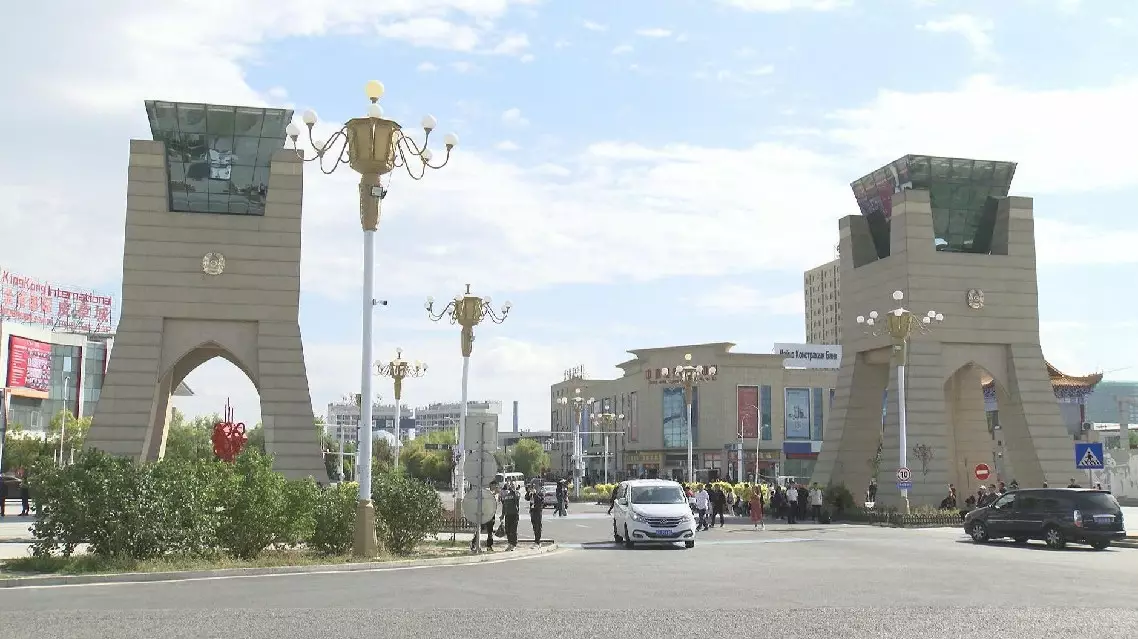
Free trade zone on China-Kazakhstan border sees booming business


